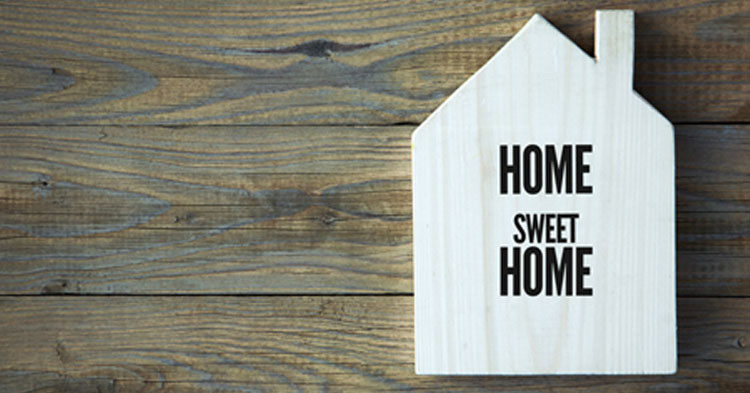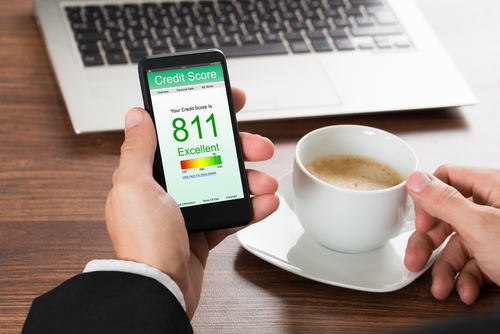Buying a home for the first time? Here is all you need to know…
Buying a home for the first time can be quite an intimidating task; besides the huge financial commitment, lengthy applications and paperwork add to the overwhelming mix.
That’ why we’ve put together a comprehensive list of what to look out for if you are a first time homebuyer.
Have you checked your bank balance?
First things first, before you can even consider purchasing a home you need to do an in-depth check of your financials. By doing this at the outset you will know exactly what price range you can look at without there being any surprises. We suggest putting together a list of your monthly expenses so that you can see how much you are left with each month.
Do you understand the different costs involved?
Now that you know how much money you have to spend, you need to understand exactly where your money will be going. Here are a few costs to look out for:
- Transfer duty: This is a tax payable by the person purchasing the property i.e. you, which needs to be paid within the first six months after you have bought the property. If you fail to pay within six months, you will be charged interest calculated at 10% per annum for each month not paid. Below is a table of all transfer duty rates as of 1 March 2015.
| Value of the propery(Rand) | |
| 0 – 750 000 | |
| 750 001 – 1 250 000 | 3% on the value above 750 000 |
| 1 250 001 – 1 750 000 | 15 000 + 6% of the value above 1 250 000 |
| 1 750 001 – 2 250 000 | 45 000 + 8% of the amount above 1 750 000 |
| 2 250 001 and above | 85 000 + 11% of the amount above 2 250 000 |
Source: SARS
- Bond: Simply put, a bond is a loan that you take out with a financial institution in order to pay off your home. Once your financials have been approved, the bank will valuate the home you are looking to purchase and decide on the percentage that they will give you. The average amount of time that you have to pay back this loan is usually 20 – 30 years. If you fail to pay back this loan the bank will repossess your home.
- Rates and levies: These payments are dependent on the type of property you have purchased i.e. is it a free standing home or is there a body corporate. With free standing homes, you will be charged monthly municipal rates and taxes which cover local municipality services such as sewerage facilities, road maintenance, street light maintenance etc. If you have purchased a home in a complex or a flat you are liable to pay levies which include costs involved in running and maintaining the complex, municipal fee’s, building insurance etc. If there is a security guard or even a communal gardener you may need to pay for these as well.
Other costs to look out for
- Conveyancing fees: attorney fees for registering and transferring the property into your name
- Deeds office registry fees
- Initiation fees from the bank
- Insurance premiums
- Water and electricity
Do your research
As with all big decisions in life, it is important not to make hasty decisions but rather take your time and make sure you are doing the right thing.
- Make a list of your needs vs. your wants – do you really need a three-bedroom home if you are a bachelor?
- Find a real estate agent who will put your needs first. The property industry is a competitive market so make sure your estate agent is not pushing you into purchasing so that they can get their cut.
- Understand the offer process. This is your first time buying a home so if you have a million questions, don’t be afraid to ask. Even if you think it is a silly question, ask it – you don’t want to be caught out further down the line.
- Understand what you are signing. Like we said before, ask as many questions as you need to, to ensure you fully comprehend what you are signing.
MoneyShop





